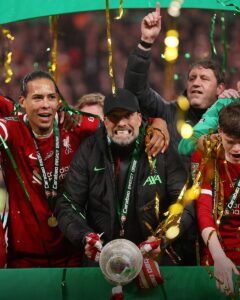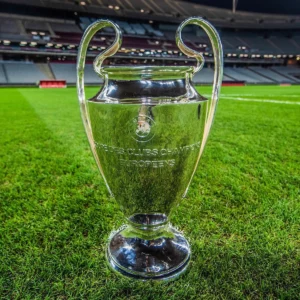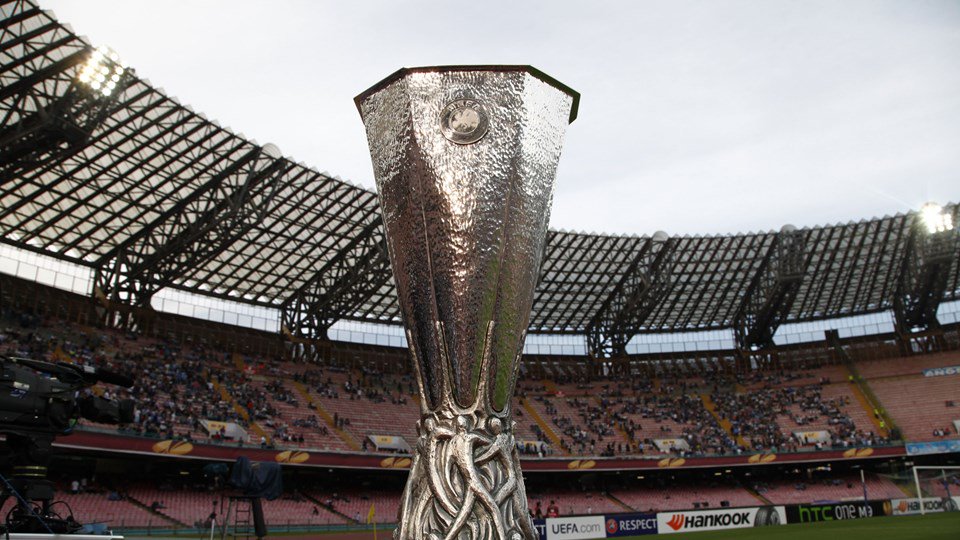 Arsenal have agreed the biggest kit deal in English football with sports giants Puma worth in excess of £30m-a-year in which the five year contract worth £170m in total.
Arsenal have agreed the biggest kit deal in English football with sports giants Puma worth in excess of £30m-a-year in which the five year contract worth £170m in total.
The deal worth more than Liverpool’s new £25m-a-year contract with Warrior and brings to an end Arsenal’s 20-year tie-up with Nike.
The deal, which will not be announced officially for some time, will give Arsenal major additional financial clout on top of the £150m five year shirt sponsorship deal with Emirates.
The new agreement dwarfs the current kit deal with Nike, which is worth £55m over seven years and expires at the end of NEXT season.
Nike had an exclusive renegotiation clause with Arsenal which has now expired and they have clearly decided not to renew. Nike declined to comment last night. Arsenal are also bound by a confidentiality agreement.
A source close to Nike said:
“Nike were keen to work with Arsenal, keen to keep it going, but not at any price.”
Adidas were in pole position for the Arsenal deal and had even put forward designs but they announced last month that they would not be bidding. Liverpool’s kit makers Warrior were also keen.
But Puma are understood to have blown the opposition away in negotiations with Arsenal who were driving a hard bargain.
Puma were Tottenham’s kit makers before Under Armour and are clearly hoping that a tie-up with Arsenal will put them back as major players in the football market.
Furthermore, Puma have strong links with the African market and that is an area where they believe Arsenal are particularly strong and have even bigger potential.
I have been critical of Arsenal’s commercial efforts in the past, but this is a terrific deal for the club. To go from Nike, which was worth just under £8m a year, to Puma and £30m a year, is a massive deal for the club.
Under Uefa’s and the Premier League new Financial Fair Rules, the clubs that can generate the most commercial revenue going forward will win. And with this deal, Arsenal have ensured that they can compete financially with their Premier League rivals for at least the next five years.


